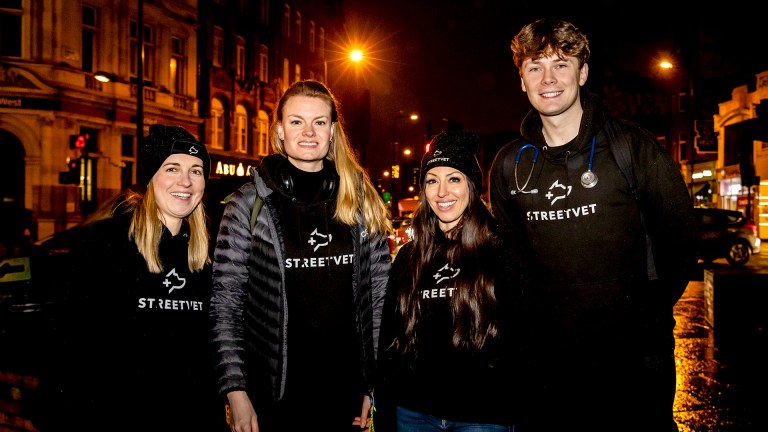The job description of an education agent is tricky to quantify because the way they operate varies widely – from individual agents to master agents and aggregators who manage thousands of sub-agents; allowing universities to access a larger pool of students, but making it difficult for universities to know if the sub-agents are trained and knowledgeable, and for students to know who they are working with. The responsibility and oversight are essentially subcontracted to the aggregator.
When it comes to the transparency of commission payments, Jacqui Jenkins, the British Council’s global programme lead for international student mobility, says: “We want students to realise agents are not the same as school counsellors.” Unlike school guidance counsellors, agents have a vested interest in which university the students attend. A total of 24% of international students who used an agent thought their agent was “biased towards certain universities”, according to a British Universities’ International Liaison Association (BUILA) report. More than 30% of surveyed staff agreed “agents push students to where they receive the highest commission rate”.
So why do universities use them? “I think the first thing to emphasise is how important international students have become to the financial health of UK universities,” Raimo explains. A recent Guardian article revealed a fifth of UK universities’ income comes from international fees.
As home fees have lost a third of their value due to inflation since 2012, universities have sought to diversify their international recruitment pools, says Nathan Brennan, international student recruitment officer at London School of Economics and Political Science – one of 22 universities not to use education agents. “There’s a concern of over-dependence on certain parts of the world, made clear by the last few years with Covid and various political events,” he says. “It’s risky for a university to rely too heavily on one market.”
A member of undergraduate teaching committees at a Russell Group university confirms that their institution is currently trying to rectify an overreliance on the Chinese market, “which is a concern because it is not a politically stable market, and often creates a cliquey culture where students stay within their domicile”. They’re addressing this by targeting India, but the committee member adds: “As soon as the agents know the university is interested in India, they just up their unethical practices. And it’s hard for the university to check everything when so much of it is driven from the commercial side of operations.” This means the way agents are operating goes largely unchecked, as the responsibility for managing education agents remains solely with universities.
Although education agents technically fall under consumer protection law, “there’s no regulation about agents in reality,” Raimo says. “If I’m hypothetically running a rogue agency in Ahmedabad in India, and you come to me and I rip you off, how are you going to take advantage of the consumer protection laws in the UK?”
Australia requires its universities to publish the names of the agents they work with, allowing students to
verify their agent. In the UK, publishing lists of agents is recommended but not required, and sharing commission rates is actively discouraged as BUILA says it could be “construed as collusive behaviour”.
Raimo explains: “Some universities have very detailed due diligence processes and some don’t, because some universities are more desperate than others.”
A possible solution to the issue of regulation is the British Council’s training and certification programme. Programme lead Jenkins says: “If we empower the agents and we empower the students, and then we provide best practice for the higher education providers, then we’re hoping the whole ecosystem improves.” The programme consists of online training courses and an assessment to check understanding of the role. Since its launch in December, 13,000 agents have joined the hub, while 2,600 from 62 countries have completed the assessment and become certified.
But Raimo is concerned that certification as a term is “confusing and potentially misleading”. It’s not a badge of approval: the British Council’s website is clear that international students and UK education providers “are responsible for conducting their own due diligence”. Raimo is “worried about how it might be used by rogue agents”, as parents who have heard of the British Council may presume it is a sign of quality assurance.
For a largely hidden industry in the UK, universities are certainly spending big money – the University of Exeter spent £9 million and the University of Nottingham spent £6.5m on non-EU commissions in 2021.
As universities become increasingly commercialised, their reliance on large payments for international student fees is rising year on year. And with the numbers applying from overseas showing no signs of slowing, demand for the services of education agents is only going to grow.
Ella Robinson is a member of The Big Issue’s Breakthrough programme
This article is taken from The Big Issue magazine out this week. Support your local vendor by buying today! If you cannot reach your local vendor, click HERE to subscribe to The Big Issue or give a gift subscription. You can also purchase one-off issues from The Big Issue Shop. The Big Issue app is available now from the App Store or Google Play









